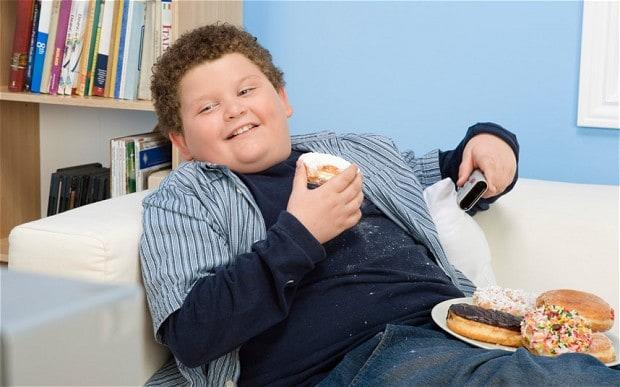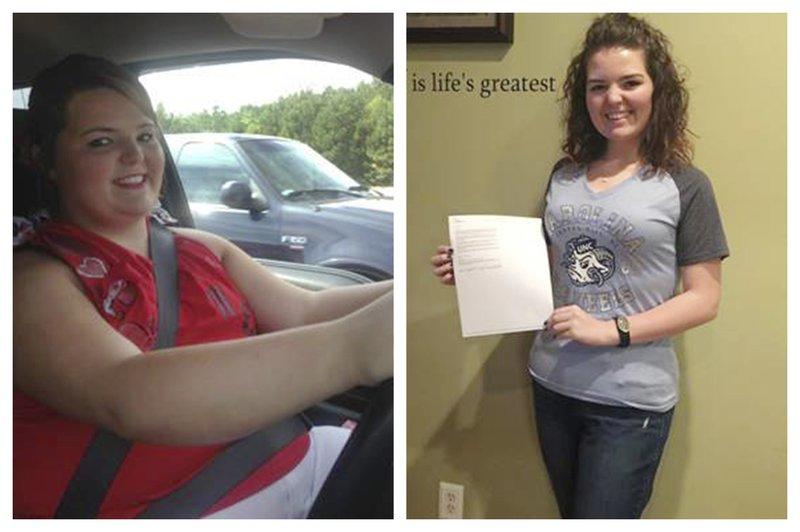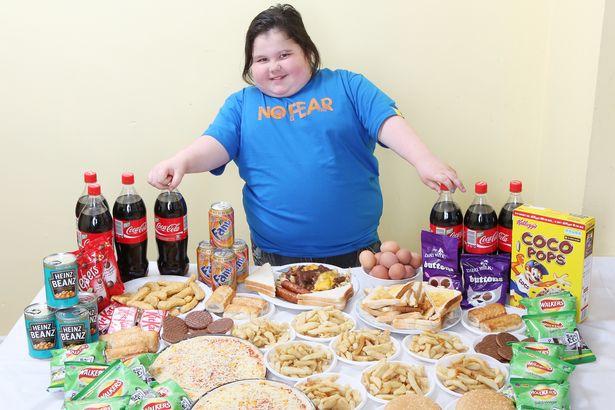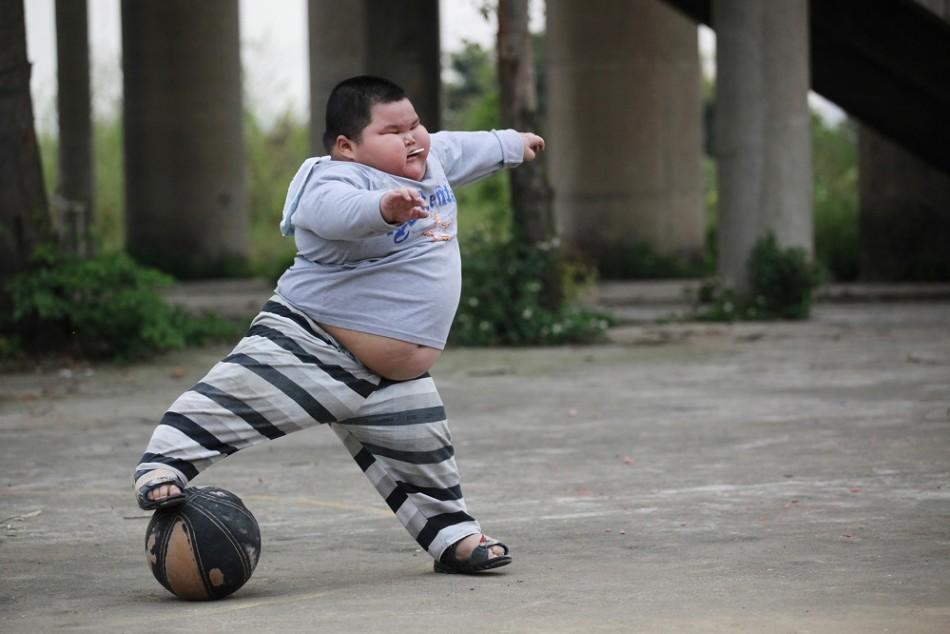Dear Parents Of Super-Fat Kids: Let Science Surgically Fix Years Of Terrible Habits
Are you a parent of a severely obese child whose condition is undoubtedly glandular in nature and not a result of your dietary failings?
Whatever the cause, the American Academy of Pediatrics (AAP) is now recommending that more extremely fat children undergo gastric bypass surgery with life-changing implications.
The surgery, which can cost up to $20,000, is typically not covered by public or private health insurance. This means that poor fat kids will just have to make lifestyle changes instead of making it surgically impossible for them to gorge themselves.
The guidance, issued Sunday by the AAP, is based on a review of medical evidence, including multiple studies which found that weight loss surgery in teens can result in dramatic weight loss lasting “at least several years,” according to AP.
“Safe and effective is the message here,” said Duke University pediatrics professor, Dr. Sarah Armstrong.

Armstrong, the lead author of the new policy, says that children who haven’t gone through puberty may not quite understand the long-term implications of the surgery, however age alone should not rule out the procedure.
“It’s a lifelong decision with implications every single day for the rest of your life,” she said.
Nearly 5 million U.S. children and teens are severely obese, a near doubling over 20 years. Many have already developed related health problems including diabetes, high blood pressure, sleep apnea and liver disease. But most kids don’t get obesity surgery, mainly because most public and private health insurance doesn’t cover it or they live far from surgery centers, Armstrong said. Costs can total at least $20,000.
Resistance from pediatricians is another obstacle. Many prefer “watchful waiting,” or think surgery is risky or will alter kids’ growth. Some don’t recommend surgery because they think “weight is a personal responsibility rather than a medical problem,” the new policy states. –AP
The academy recommends that children and teens are generally eligible for surgery if their body mass index (BMI) is above 40, or 35 in the case of major health problems. Armstrong says the guidelines may vary by gender and age, but are similar to criteria used by surgeons from the American Society for Metabolic and Bariatric Surgery. A BMI above 30 is considered obese.

Faith Newsome was a typical patient. At 5 feet, 8 inches and 273 pounds, her BMI was almost 42 and she had high blood pressure and prediabetes when she had gastric bypass surgery at Duke at age 16. After about a year, she had shed 100 pounds and those health problems disappeared. She slimmed down enough to become active in sports, shop for prom dresses and gain a better self-image. But to avoid malnutrition she takes vitamins, must eat small meals and gets sick if she eats foods high in fat or sugar. Her BMI, at just under 30, puts her in the overweight range. –AP
Newsome has no regrets after having her surgery, telling AP, “Teens should be able to discuss every option with their doctors, and surgery should be one of those options.”
Goal-setting, daily effort and limiting what one shovels into their mouth is another way to go – and it’s much cheaper.
Tyler Durden
Fri, 11/01/2019 – 21:25![]()
Zero Hedge’s mission is to widen the scope of financial, economic and political information available to the professional investing public, to skeptically examine and, where necessary, attack the flaccid institution that financial journalism has become, to liberate oppressed knowledge, to provide analysis uninhibited by political constraint and to facilitate information’s unending quest for freedom. Visit https://www.zerohedge.com



